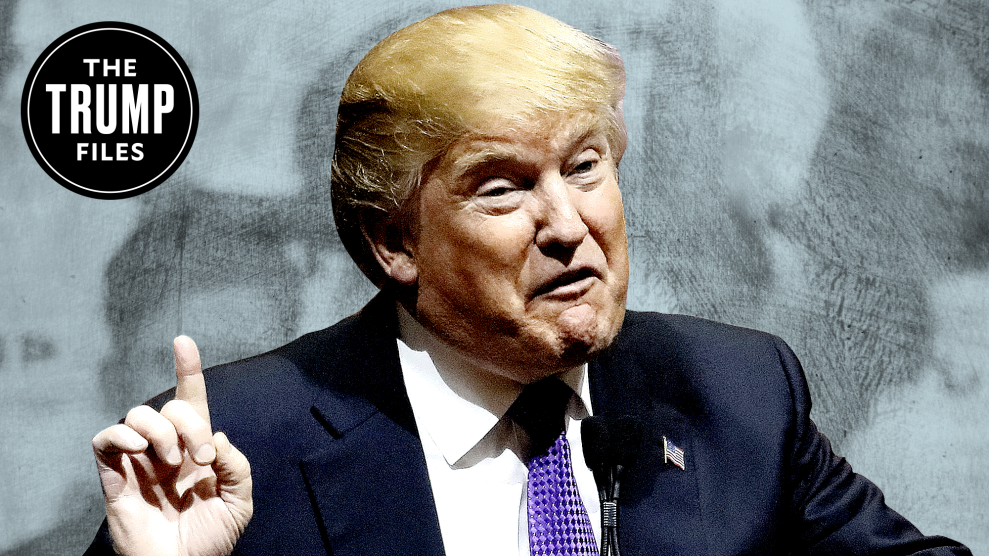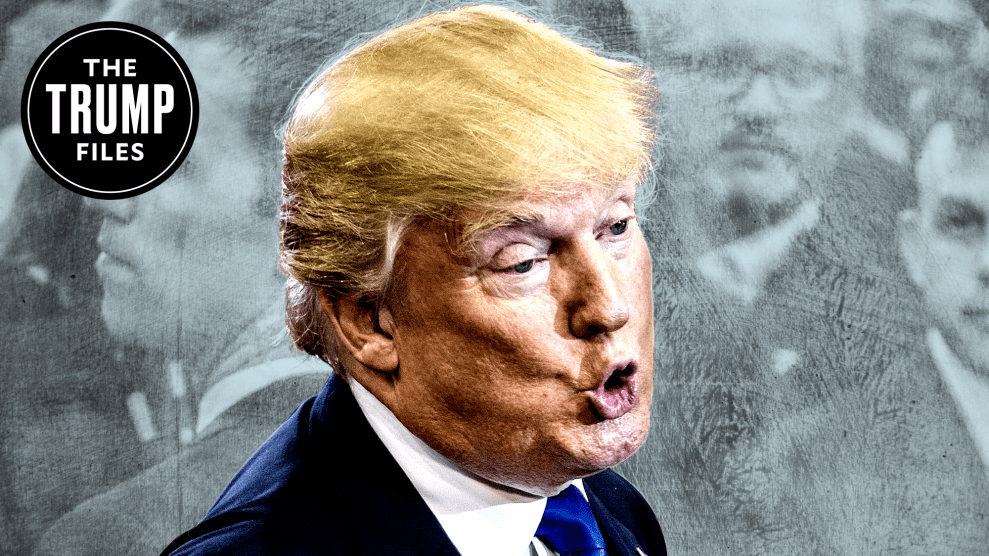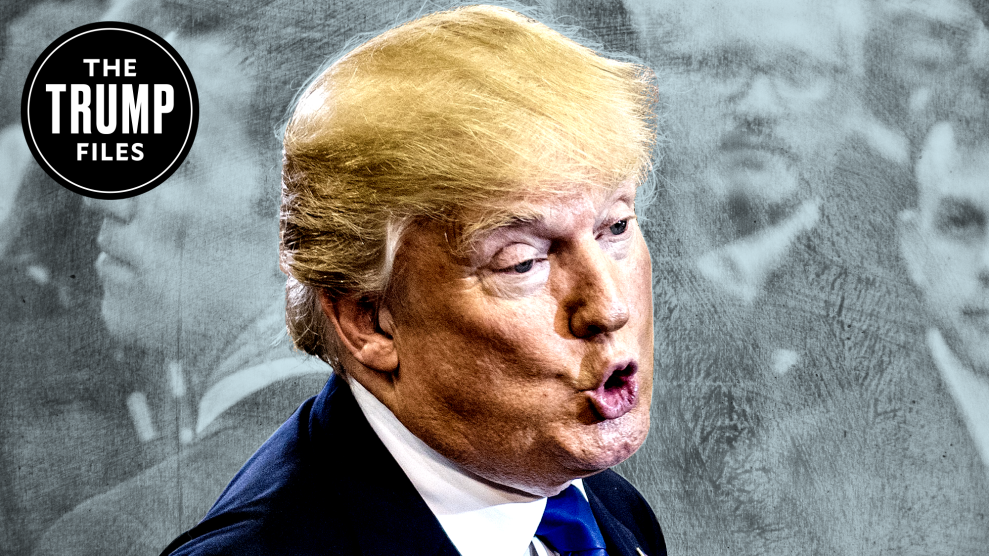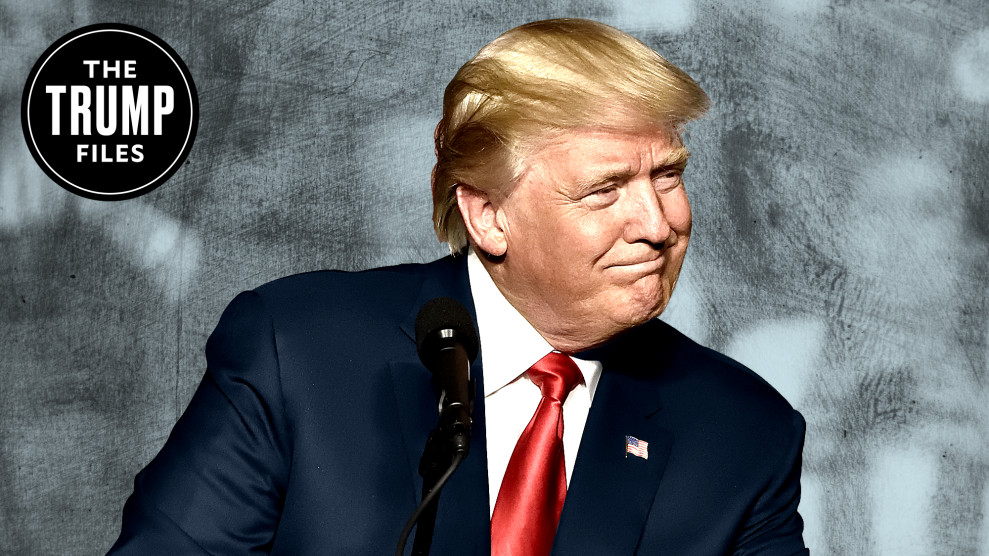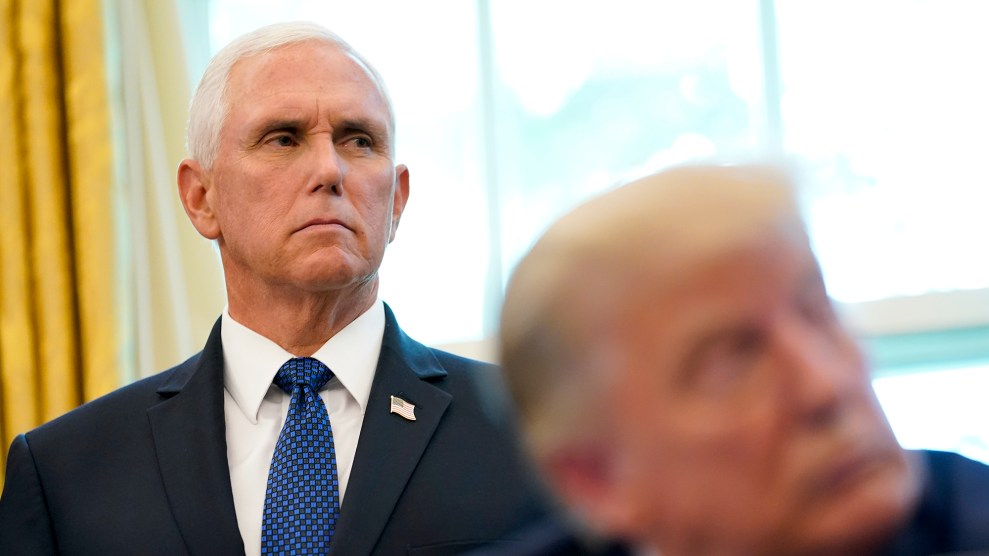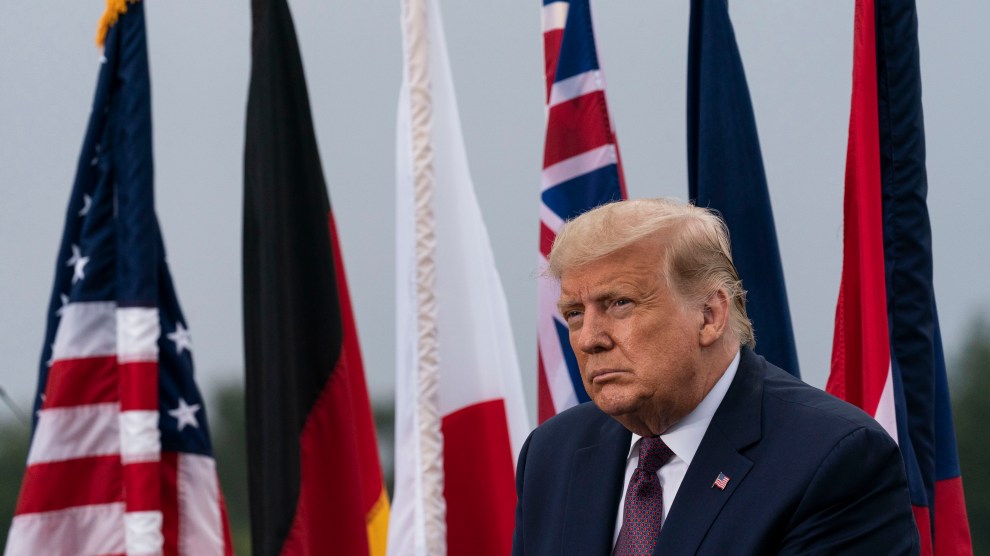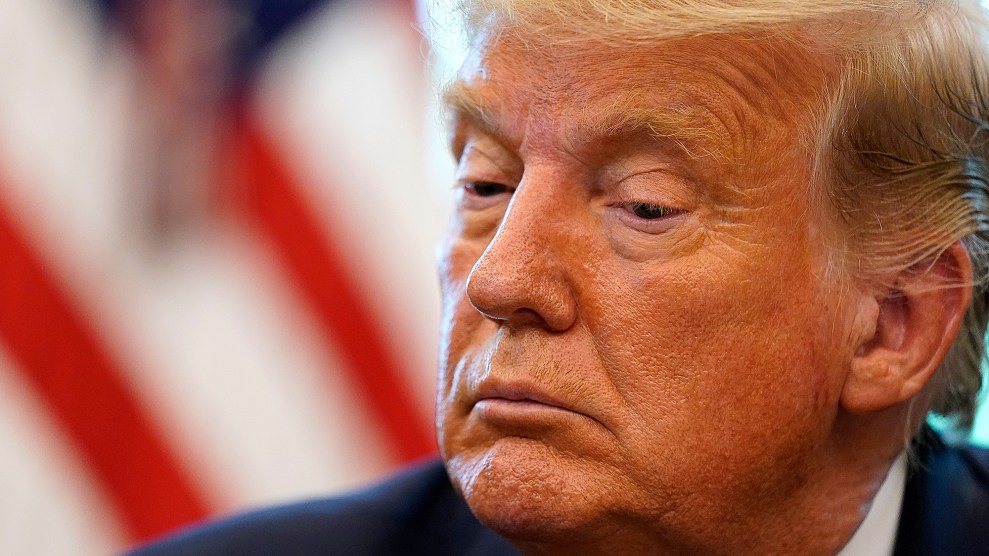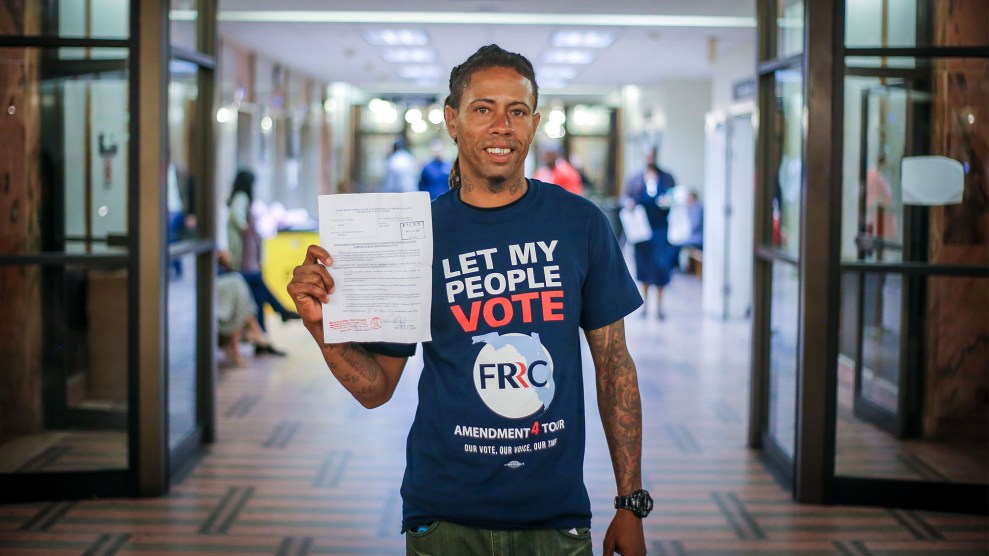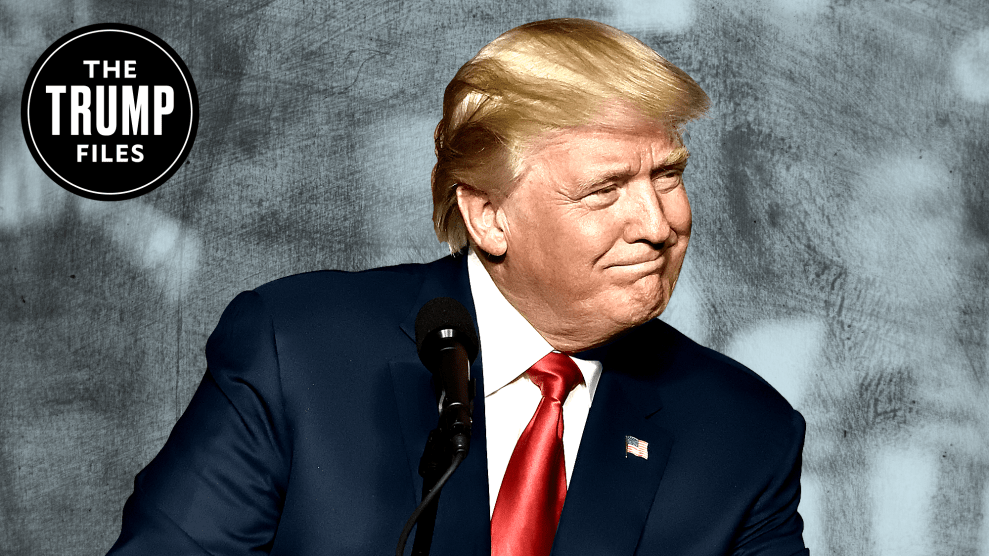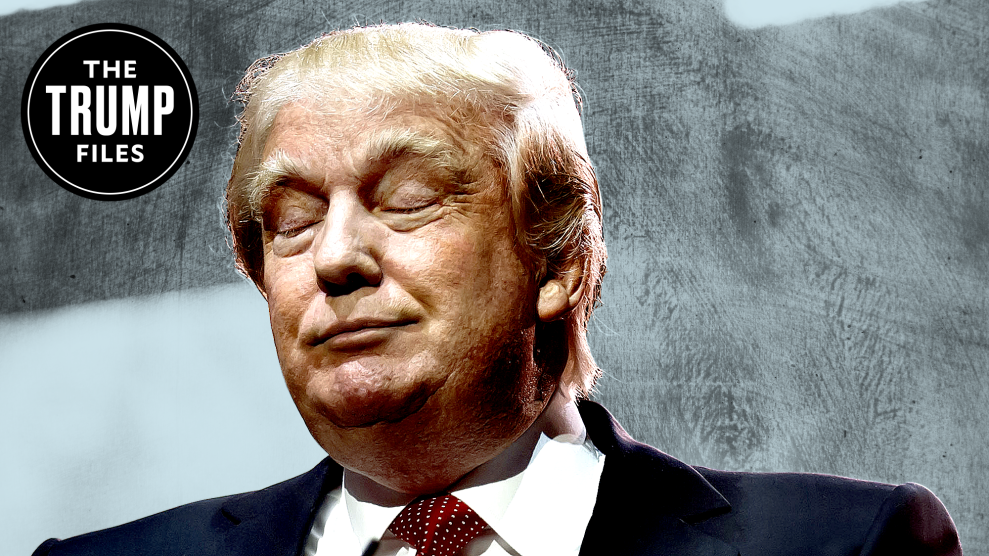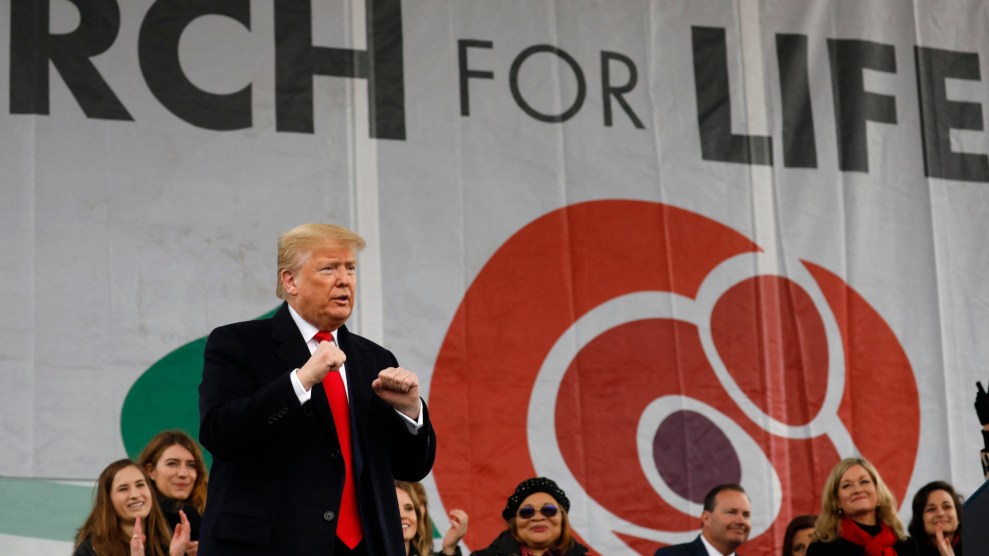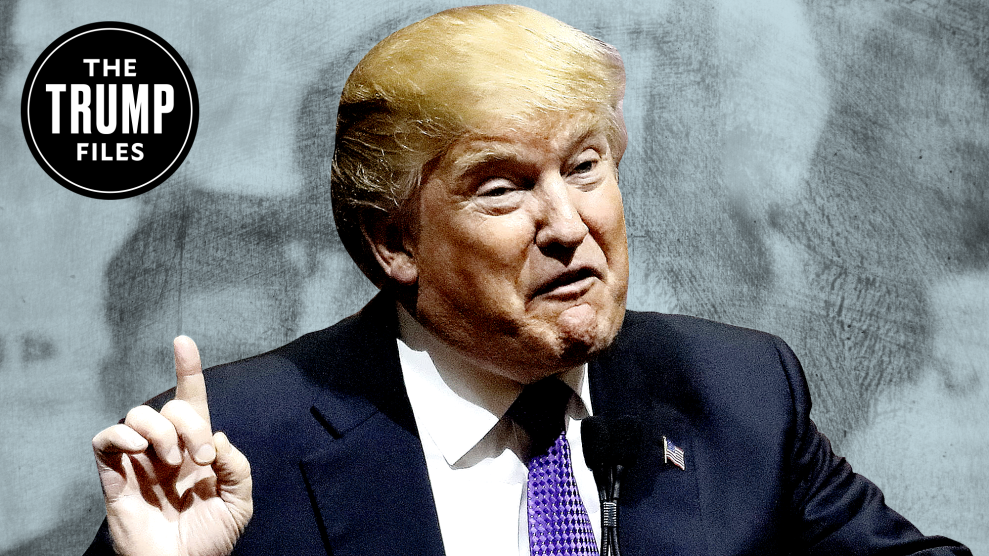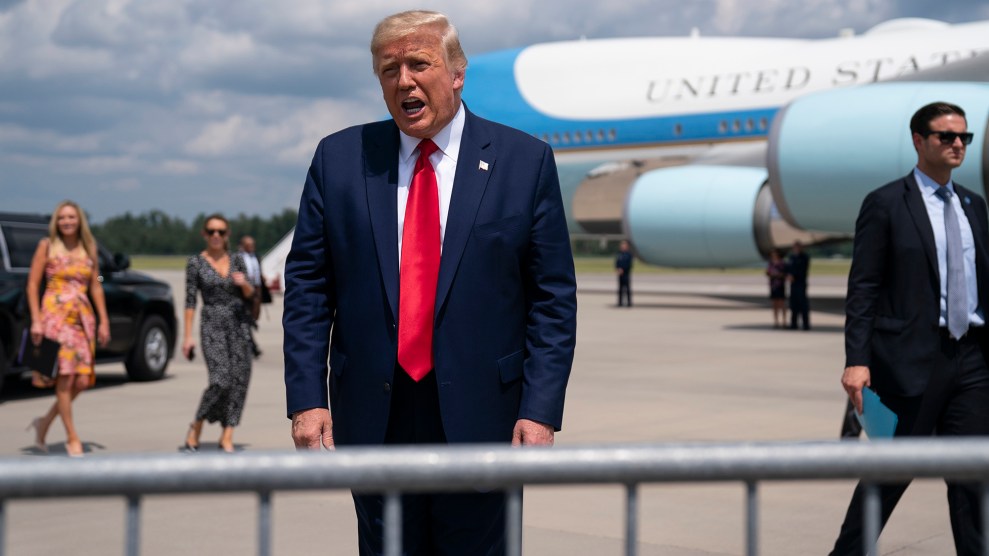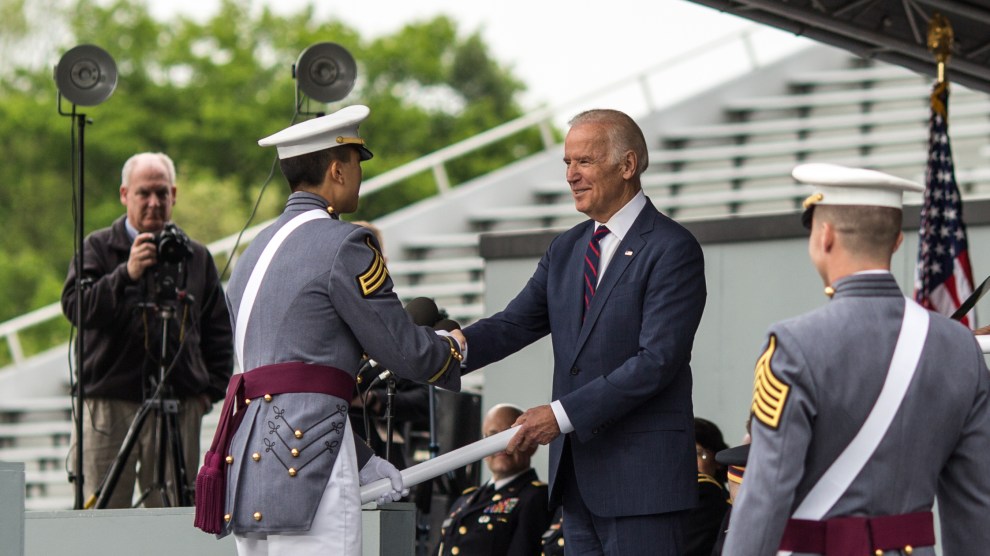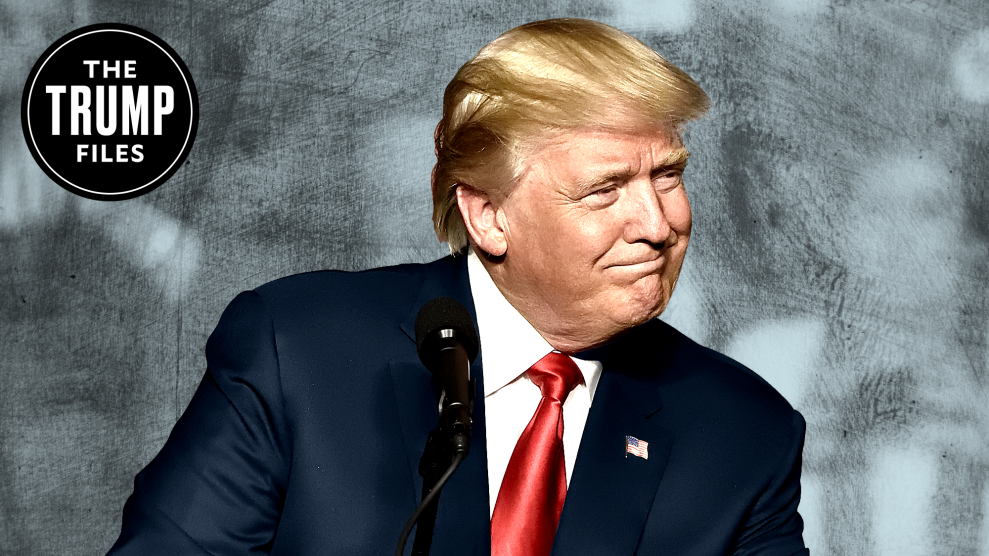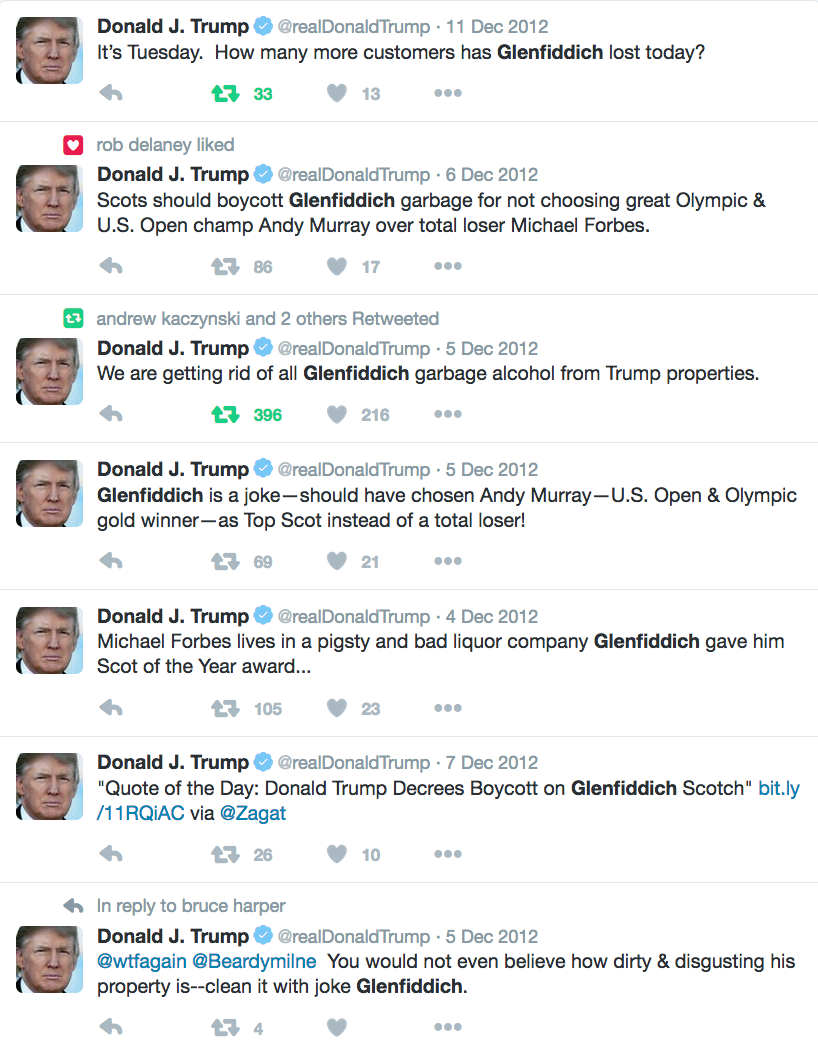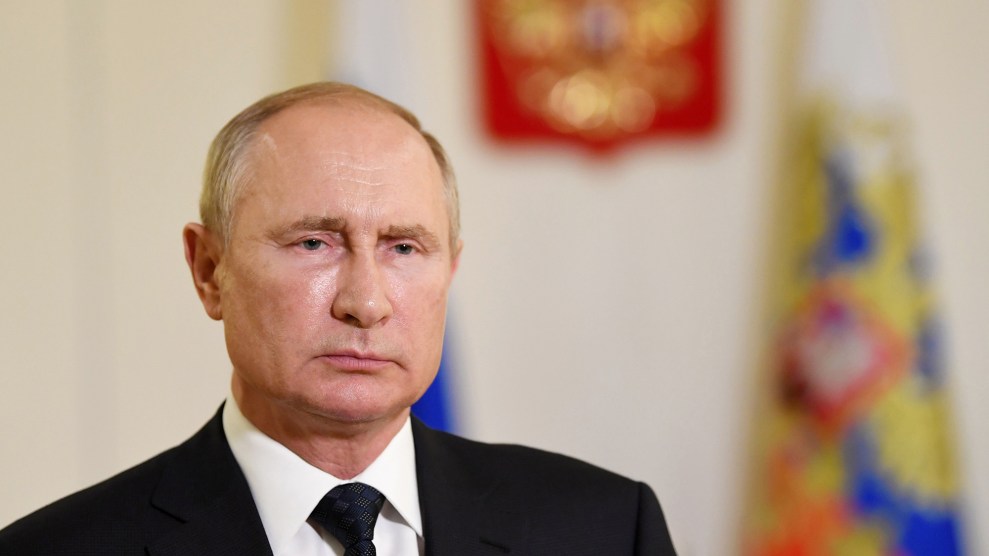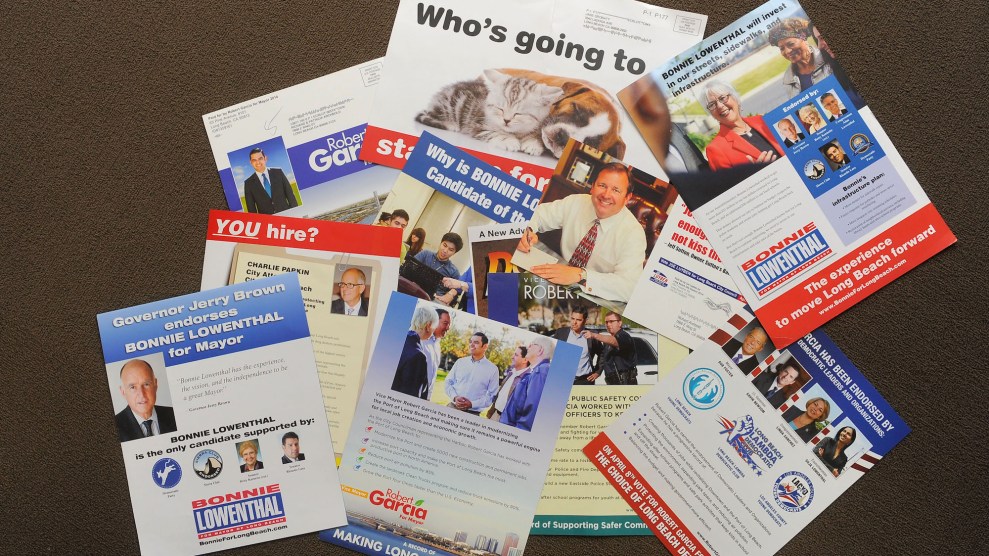
Scott Varley/Digital First Media/Torrance Daily Breeze via Getty Images
If you can remember as far back as January 2020, way back then, we at Mother Jones asked you to share your political mail. As my colleague Tim wrote at the time:
Facebook, for all its faults (actually, because of all its faults), makes it extremely easy to search political advertisements. Anyone can see what states are being targeted, how much reach an advertisement had, and how much money went into it. But there’s no such database for old-fashioned political mail. You know the kind—glossy, filled with impeccably lit photos of the candidate’s smiling family. Or perhaps improperly darkened, ominous-looking images of their opponent. Campaigns and outside groups often say stuff in mailers they don’t say in public—it’s where they show their true colors. (Remember those unseemly Ted Cruz mailers in 2016? Or this super-racist attack on an Asian-American candidate in 2018?) It’d be easier if campaigns and other organizations just sent us all this stuff, but they don’t, and so we need your help: Did you get a piece of political mail that caught your eye for one reason or another? Send it to us.
The instructions are simple:
- Take a photo of the mailer—the full thing, if you can
- Email it to our tipline, scoop@motherjones.com
- Use in the subject line: “Mailers”
- Tell us your home state in the subject line or body of the email
We’re looking for mailers of all kinds, be they from presidential candidates or congressional candidates or would-be sheriffs and county assessors, be they about ballot initiatives or issues relevant to the election, be they funny or tacky or monstrous. Tips can be anonymous, and we’ll be sure to redact any identifying details from the photos before publishing them.

